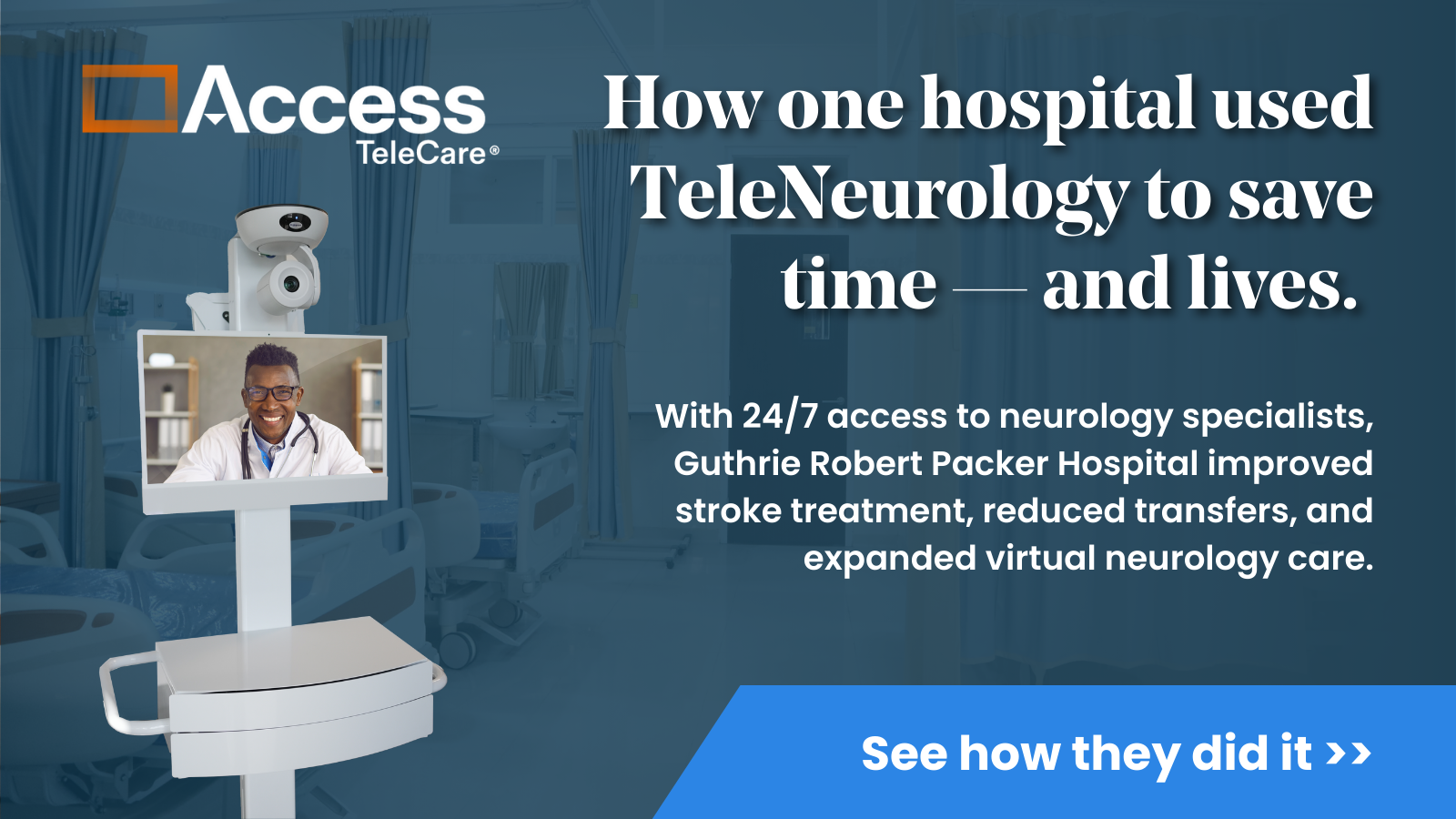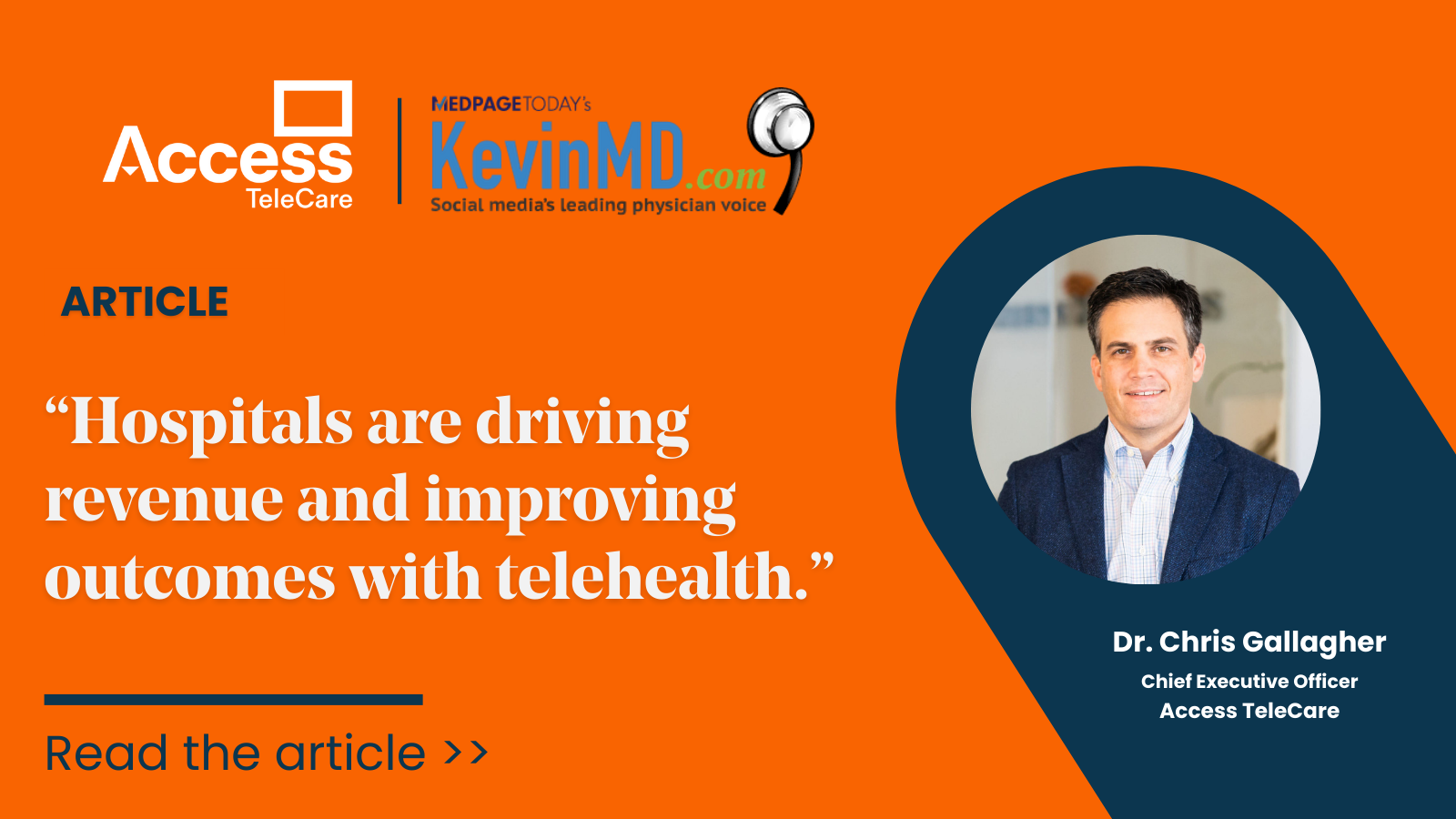Although the general risk of a hemorrhagic transformation requiring surgical intervention is low following IV thrombolytics administration in the Acute Ischemic Stroke setting, it can be common facility-based practice to include the “Drip and Ship” or “Give and Go” process of transferring these post-thrombolytic patients to higher levels of care specifically for their neurosurgical capabilities.
The wide majority of these patients however will never need neurosurgical intervention for that condition. In 2013, SL Selco et al estimated that just 44 of nearly 800,000 strokes in the U.S. would require neurosurgical intervention following IV tPA administration. The absolute probability of receiving neurosurgical intervention if intracranial bleeding was observed after IV thrombolytics in their study sample was miniscule at just 0.175% (Journal of Stroke and Cerebrovascular Diseases).
Neurosurgical expertise can be relied upon to identify those patients who are most likely to need surgical intervention – and assist in initiating transfers for those patients promptly and appropriately to higher level of care. Doing so also identifies those patients who are unlikely to require surgical intervention, and thereby limit their risk exposure through unnecessary transfers out of their local communities of care.
How teleNeurosurgery Consultation Improves Access to Care
Building on a legacy of leadership in telemedicine, Access TeleCare recently added teleNeurosurgery consultation to its comprehensive Neurology services. Available on-demand within minutes, these neurosurgeons provide a range of consultative services, including assessing a stroke patient’s likelihood of experiencing complications that would warrant surgical management after the administration of thrombolytics. Having this expert specialty consultation on hand can increase on-site clinicians’ confidence in keeping post-thrombolytic patients within their own facility for the duration of their stroke treatment and avoid transferring them out of their local communities of care and support networks.
Read more about our research and how teleNeurosurgery consultation can improve timely access to effective care guidance and treatment for patients experiencing ischemic strokes.
Contact us for more information.








